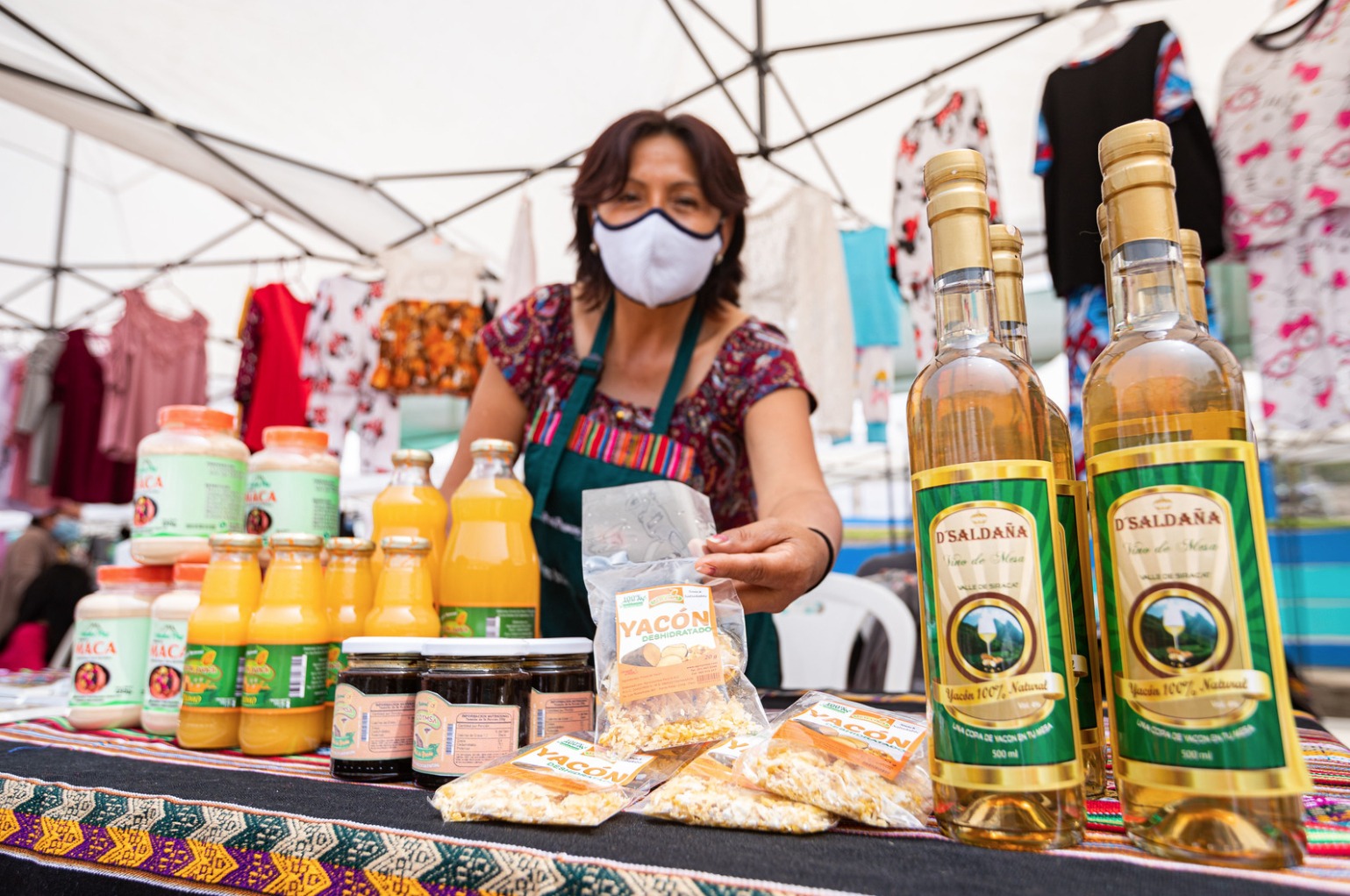Migration is a central phenomenon of the contemporary world that challenges all countries involved at the economic, political and social levels. In this context, the promotion of entrepreneurship is often seen as the solution to integrate migrants into the host society. Is this another neoliberal myth or is it a viable option, especially for countries of the global South such as those in Latin America?
Migrant entrepreneurs?
In “The Birth of Biopolitics”, Michel Foucault describes the migrant as an entrepreneur since one of the constituent elements of human capital, a central concept of neoliberalism, is mobility, i.e. the ability of an individual to move.
If migrating at first would represent a material, psychological and financial cost in terms of interruption of financial gains and increased expenses, this cost would eventually be susceptible of becoming an investment, an improvement in status and remuneration. Foucault says that “migration is an investment, the migrant is an investor.” He is an entrepreneur of himself who makes investment expenditures in order to achieve a certain improvement.
Since the end of the 20th century, Brazil has positioned itself as an important transit and destination country for South-South migration. In this context, despite the fact that according to a report by the Migration Observatory (OBMIGRA), in the period 2010-2019 the number of immigrant workers with a work card increased from 55.1 thousand to more than 147 thousand people, informality and day-to-day survival prevail.
Entrepreneurship becomes, in this framework, a way out and is often proposed by governments and international organizations as the “best” form of socio-economic insertion for migrants and refugees. The “entrepreneurial” character of the migrant highlighted by Foucault is used and even “exploited” by society in economic terms.
For five years I have been researching entrepreneurship programs aimed at the economic inclusion of migrants and refugees in Brazil, and the results have given me an in-depth understanding of the world of migrant and refugee entrepreneurship.
The collectives/NGOs analyzed in Brasília, Rio de Janeiro and São Paulo coincide in that their objectives are the integration of migrants and refugees into Brazilian society through training, professionalization, insertion into the labor market and personal empowerment. The services offered by the NGOs range from catering to companies, motivational talks given by migrants, and participation in fairs and gastronomic events with typical food from the countries of origin.
The growth of groups that think of entrepreneurship as a solution for the integration of migrants has increased a lot in recent years. But what happens to migrants after the trainings are announced as a means of empowerment and financial independence?
Myths and Realities of Migrant Entrepreneurship
By becoming their own business, the personal and cultural history of the migrant/refugee emerges, in this context, as a factor of attraction and attention. The Syrian who fled the war or the Venezuelan who had to leave their country because of the humanitarian crisis thus become entrepreneurs of themselves.
Migrants are presented and trained to mobilize the transformational and inspirational potential of their trajectories, which can be found in event catalogs and on NGO websites or in TED-type talks, for example. This highlights the communicational work that neoliberalism operates, by linking the idea of inspiration through trajectories of overcoming and success. The migrant entrepreneur thus becomes a preferred character in this narrative.
If we agree that another of the constitutive marks of neoliberalism is the notion of freedom from a place where individualism is translated into the idea of “be your own boss, be the owner of your time, be an entrepreneur of your own”, the migrant entrepreneur becomes the agglutinating character of the neoliberal model. It is the individual who, coming out of an unfavorable context, “turns things around” as an entrepreneur of his or her own.
However, the reports collected in our research contradict the image of the “successful” migrant. If before the pandemic they did not have their labor rights guaranteed, now they are even more vulnerable. Moreover, as most of them cook at home, the boundaries between privacy, family time and leisure are blurred and the whole family is immersed in the routine of shopping for groceries, cooking, packing, etc., which becomes the centralizing element of their lives.
Although this routine is shared by many Brazilians and Latin Americans in similar situations, there are two factors that are peculiar to migrants: the lack of a support network made up of family and friends and the difficulties of accessing credit that aggravate vulnerability and dependence on fragile sources of income.
The rebirth of the subject of rights
The reality is made up of people living in the present without any guarantee of a future and in conditions of permanent precariousness. This reality becomes even more complex in developing countries such as those in Latin America. Therefore, in order to transform the exhausting routine of these people, it is necessary to modify the negative image of failure and sacrifice as a way of existing.
Immigrants who participate in these programs constitute a minority sector, but when asked if they feel empowered, the answer is always the same: “I feel tired”. To overcome this reality, from an integral approach to the migratory phenomenon as a social phenomenon, it is necessary to claim new subjects, not that of one’s own company, but the rebirth of the subject of rights: economic, social and cultural.
Photo by PHOTOGRAPHY MML em Foter.com











